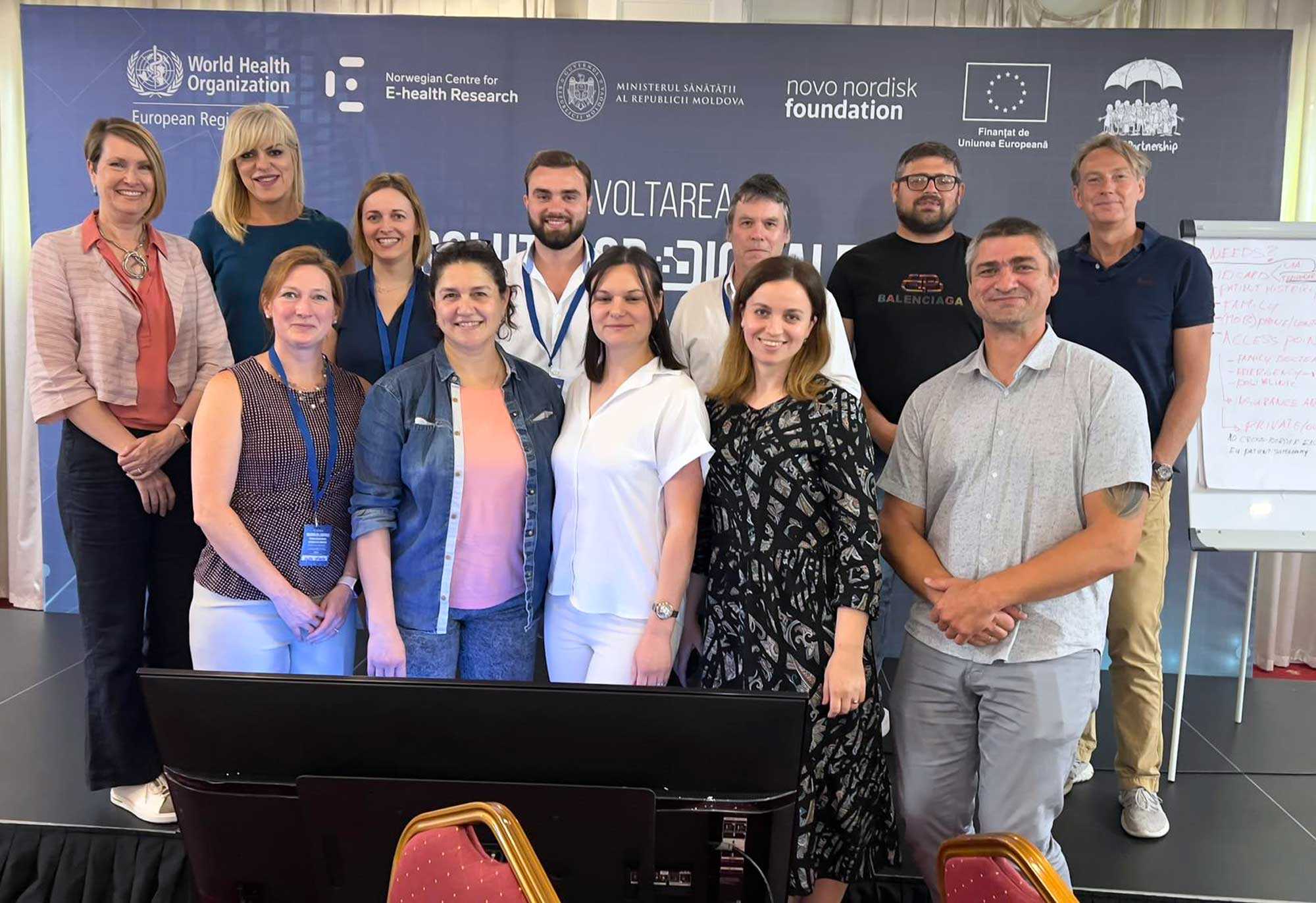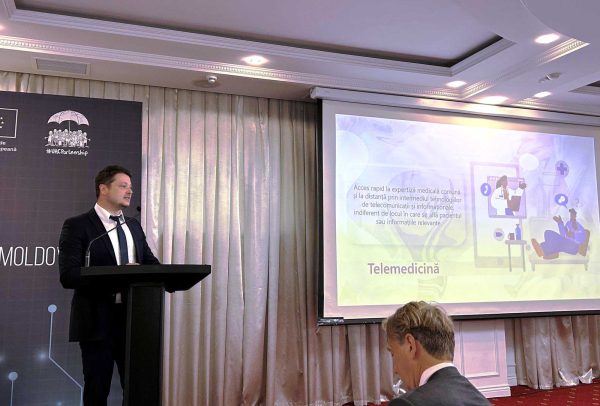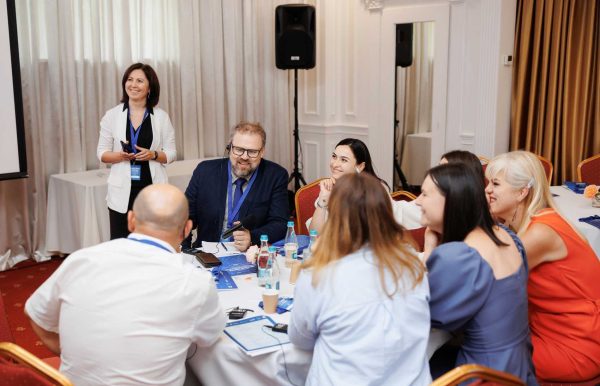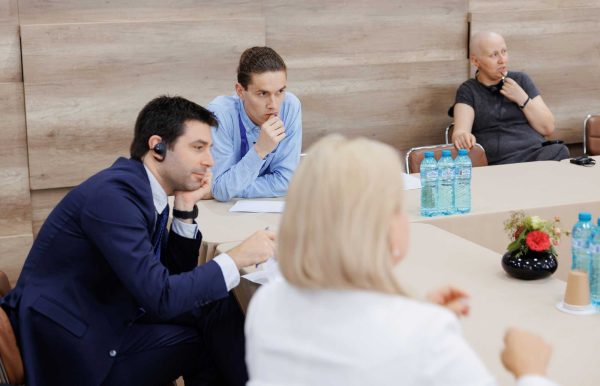Shared knowledge about digital health in Moldova
The Norwegian Centre for E-health Research organised a four-day workshop in Chisinau, Moldova in June on digitalisation in the health sector, together with the World Health Organization.

Since 2002, the Norwegian Centre for E-health Research has been an official partner of the WHO in Europe. A great deal of research and development work is taking place in the field of digitalisation and telemedicine, both in regions and countries, and through collaboration in networks and projects.
- Our agreement with the WHO states that our centre will provide knowledge and advice to health authorities in countries that request support. The general trend is that more countries are interested in learning how they can use technology to create better and more effective healthcare services. Often the same problems are encountered when embarking on creating health IT solutions. There are also many opportunities, but a challenging landscape to navigate.
This is according to Lene Lundberg, project manager for the WHO collaboration at the Norwegian Centre for E-health Research.
A packed agenda
This spring, the team in Tromsø received a request from WHO Europe to bring in European experts and arrange a workshop on digitalisation in Chisinau, Moldova. They learnt that the Moldovan health authorities wanted knowledge about creating an e-prescription solution. It quickly became clear that they were ambitious and wanted information about more topics.

- They wanted insight into what is meant by digital transformation and health ecosystems, electronic patient records, interoperability and standards, evaluation of digital solutions, telemedicine and how to develop digital understanding among healthcare workers and citizens, says Lundberg.
Another hot topic also needed attention. Since the war in Ukraine began, the small neighbouring country of Moldova has received hundreds of thousands of Ukrainian refugees. Adults and children have complex health care needs, both acute needs and, not least, they need medication and follow-up for many chronic conditions. The increased pressure on the health system is exacerbated by the shortage of healthcare professionals.
- When refugees arrive in the country and seek healthcare, health workers realise how problematic it is not to have electronic access to patient records and test results from Ukraine. It is therefore important for them to gain knowledge about what digital solutions it may be possible to create to improve the flow of health information across national borders, says Lundberg.
Requires good preparation
A team of three people from the Norwegian Centre for E-health Research planned the workshop and facilitated it in Chisinau, from 19-22 June. WHO Europe funded the work and the event.

The e-health researchers were in contact with a Moldovan PhD student at NTNU who could also contribute. It was a busy and exciting few days at work in Chisinau. The team from Norway brought in European researchers and subject matter experts from Finland, Sweden, Estonia, Slovenia, the Netherlands and the UK, among others. Some of these presented online, but the majority participated physically. The Moldovan health authorities provided information about their goals and strategy. The Norwegian team contributed with presentations on patient records, interoperability and digital home follow-up.
Professor Anne Moen from the University of Oslo, who also has a secondary position at E-health Research in Tromsø, gave a presentation via video link from Norway on user participation in health IT projects and competence building among healthcare professionals.

- The representatives from various healthcare and IT organisations actively participated in the group work. There were definitely some language barriers and we had to adjust the programme as we went along. Since the main stakeholders were the national health authorities, all presentations were translated from English to Romanian. We had to make sure we had our notes in English. There were interpreters present who translated simultaneously. You have to be well prepared to deal with a bit of everything, but we have strengthened our belief that we need European co-operation to make digital health services a reality for everyone, says Lundberg.